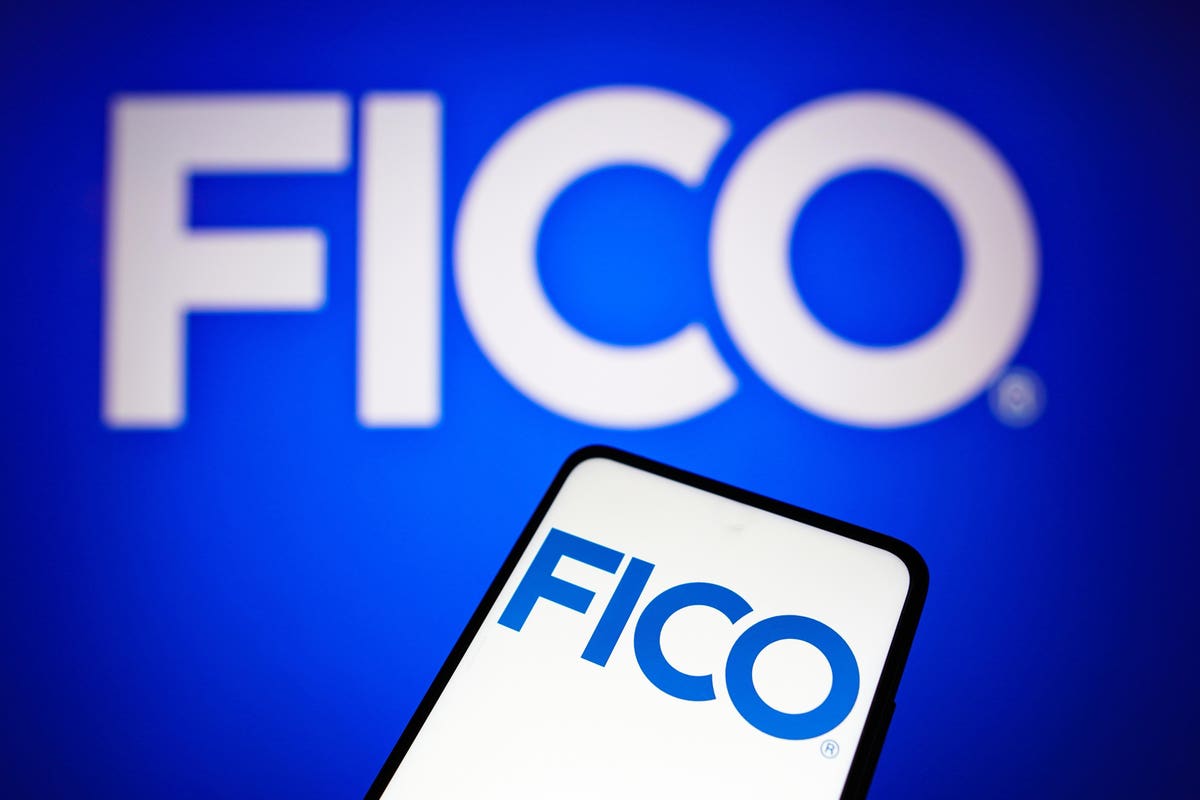The bullish narrative around decentralized finance is collapsing, and it is a big opportunity for legacy incumbents.
The collapse last week of FTX caught most investors off guard. The cryptocurrency exchange was a big part of the transition to transparency in financial transactions. Its opacity ultimately led ruin.
Investors should consider buying Fair Isaac Corp. (FICO), let me explain.
Decentralized finance promised to disrupt fee-taking intermediaries. DeFi networks use a permanent cryptographic ledger called blockchain. These ledgers can’t be changed or duplicated, and offer complete transparency because participants on both sides of every transaction can see every entry. This transparency negates the need for middling guarantors. At least that is the theory.
Sam Bankman-Fried, built his early career taking advantage of DeFi network transparency. After graduating in 2014 from MIT, SBF founded Alameda Research. The quantitative trading firm began arbitraging the slight price differences between bitcoin trading in Japan versus the United States. The launch of FTX in 2019, a full cryptocurrencies derivatives exchange, underpinned by blockchain, was the next logical step. Despite his youth, SBF took full command in negotiations with venture capital firms seeking to invest. From Sequoia and Blackrock, to Tiger Global and Softbank, investors were warned up front they should “support him and observe”, according to the New York Times
NYT
FTX filed last week for bankruptcy protection. SBF, now 30, says he messed up. Insiders speculate that Alameda might have co-mingled funds with FTX. So much for transparency. The fall of FTX is the latest blow to DeFi as an investment story.
Two years ago, investors bought-in to the idea DeFi would quickly disrupt legacy intermediaries. DeFi pitchmen scoffed at old school businesses built to process credit card transactions, and resell insurance. Vouching for credit scores with banks was something eaten by software.
Fair Isaac and Corp. is old school. The San Jose, Calif.-based credit scoring company was founded in 1956 after Bill Fair and Earl Isaac met while studying at Stanford University. The pair had the radical idea to transform bank lending using algorithms that made sense of past consumer behavior, and predictive analytics.
Today, FICO technologies underlie 65% of all credit-card decisions. Ninety of the largest 100 U.S. credit-card issuers, and 95 of the largest 100 domestic financial institutions are clients. The company also works with 600 global insurers, and more than 400 retailers and general merchandisers.
FICO business managers have been able to consistently grow the business year after year. Sales grew from $1.29 billion in 2020, to $1.38 billion in 2022, an increase of 6.9%. The dynamism of the business is realibility.
Executives at FICO reported on Wednesday that fourth quarter revenues grew to $348.7 million, up 4.2% year-over-year. Net income in Q4 swelled 5.8%, to $90.7 million. Earnings per share jumped 18%, to $3.55, and the company provided a double digit EPS growth forecast for the next quarter.
Will Lansing, chief executive officer, said the strength of the business in the face of current macroeconomic turbulence shows resilience. He’s being modest. Customers are locked in.
According to documents filed at the Securities and Exchange Commission, the net customer retention rate during Q4 was 107%. Platform software retention was 128%, and non-platform software retention was 100%. Despite DeFi alternatives, customers across all business segments are not leaving. They’re OK paying the fee.
Would be DeFi disruptors are imploding.
Upstart (UPST) makes artificial intelligence software used by banks and credit unions to evaluate consumer loans. The San Mateo, Calif.-based company reported last week that per share losses in Q3 missed estimates by 50%, according to data at Nasdaq.
At a price of $607.57, FICO shares trade at 27x forward earnings and 10.6x sales. The stock is up 40.1% in 2022. And it is buyable up pullbacks toward $550.
Investing can be intimidating, but it doesn’t have to be. Let us be your guide to profitable investing with our Strategic Advantage newsletter. Join us for a $1 trial and see for yourself!
Read the full article here













